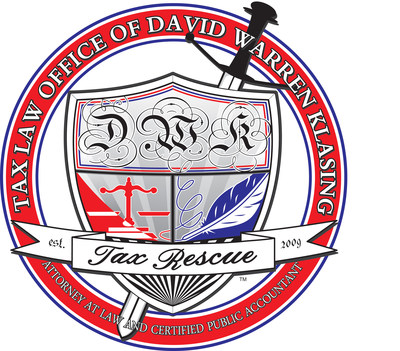Subjects: POL, STP
From the Tax Law Offices of David W. Klasing - New California Worker Classification Law Could Drastically Affect Local Businesses
IRVINE, Calif., Feb. 12, 2020 /PRNewswire/ -- A new California law aimed at worker classification may have a significant tax impact for companies. Understanding the difference between an employee and independent contractor and the tax consequences that flow from each designation should be top of mind for business owners and those within the payroll and tax departments at companies with a traditionally independent contractor workforce.

https://www.youtube.com/watch?v=eXaWAgvagn4
See our Employment Tax Law Q and A Library
A.B. 5 in a Nutshell
Assembly Bill 5 was aimed at businesses in the "gig economy," like Uber, Lyft, and the like. Gig economy workers were generally considered independent contractors and not employees of the companies for which they worked. Companies like Uber viewed their platform as merely a service that connects riders with drivers, instead of an employer. Proponents of A.B. 5 view the gig economy as potentially abusive to workers. They generally cite the lack of benefits or a minimum wage guarantee.
The ABC Test Under A.B. 5
Effective January 1, 2020, A.B. 5 lays out a three-part test in determining whether a worker is an employee or an independent contractor. A worker will be considered an employee (and not an independent contractor) unless all of the following three tests are met:
- The worker is free from the control and direction of the hiring entity in connection with the performance of the work, both under the contract for the performance of the work and in fact;
- The worker performs work that is outside the usual course of the hiring entity's business; and
- The worker is customarily engaged in an independently established trade, occupation, or business of the same nature as that involved in the work performed.
If an IC does not meet these three requirements, and they are not included under "carve-out" exclusions to the law, the IC may need to be reclassified as an employee. It important to understand that carved out professions are not truly exempt from all IC requirements. They are simply exempt from the ABC Test, which means that contractors must still be qualified under the previous multi-factor Borello Test as well as the new factor tests detailed below that apply to each exception category.
See the full version of this article HERE for more information.
Public Contact: Dave Klasing Esq. CPA, [email protected]
SOURCE Tax Law Offices of David W. Klasing, PC
These press releases may also interest you
|
News published on and distributed by:



